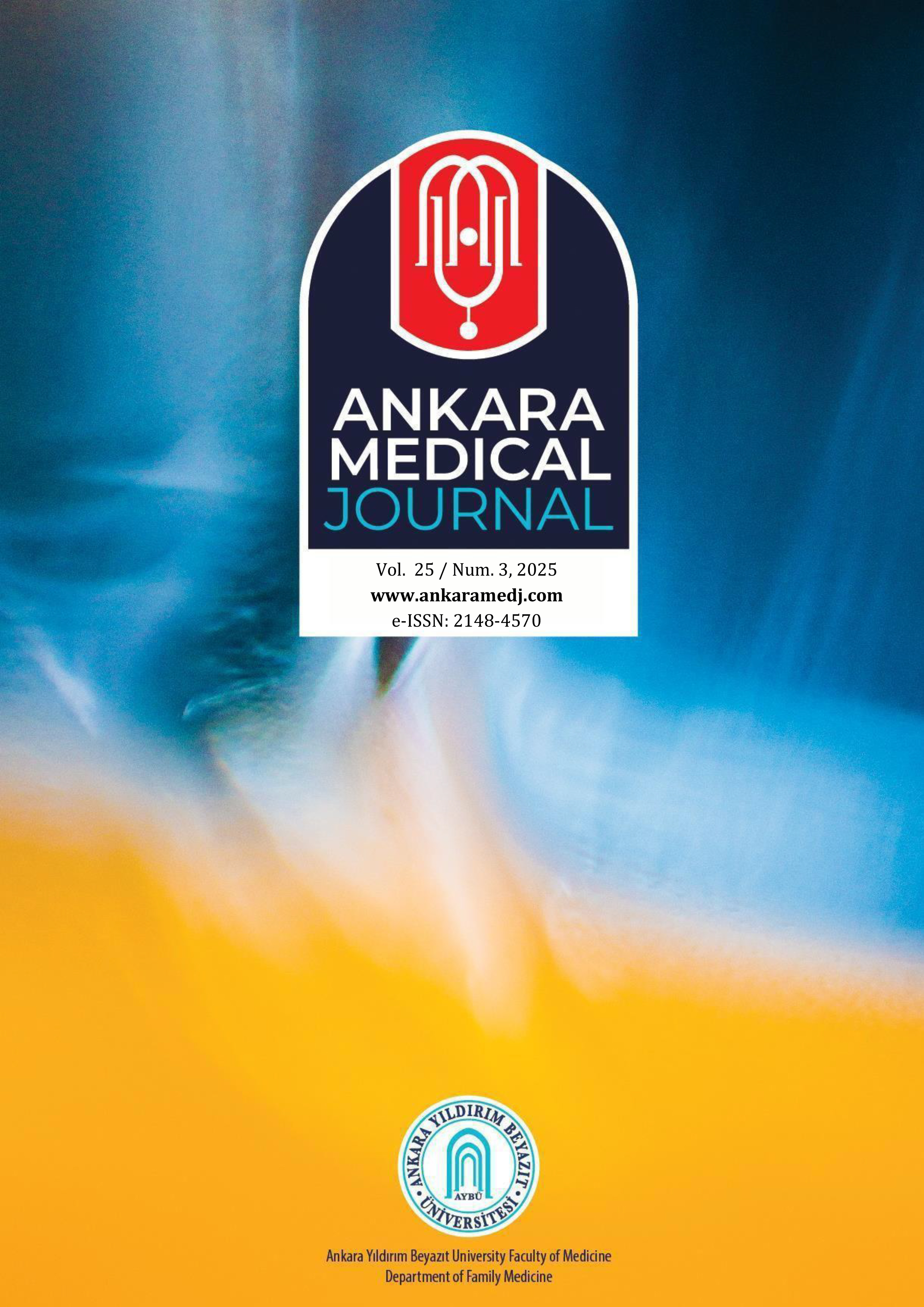Knowledge, attitudes and behavior of physicians towards influenza infection and vaccination during pregnancy
Sibel Baktır Altuntaş1, Gizem Kara Elitok2, Bülent Altuntaş3, Dilek Toprak41Department of Family Medicine, Başakşehir Çam And Sakura City Hospital, İstanbul, Turkey2Department of Pediatrics, Şişli Hamidiye Etfal Research and Training Hospital, İstanbul, Turkey
3Esenyurt Center Family Medicine Center, İstanbul, Turkey
4Department of Family Medicine, Okan University, İstanbul, Turkey
INTRODUCTION: In our study, we aimed to determine the knowledge, attitudes and behaviors of Family Physicians (FP) and obstetrics and gynecology (OB-GYN) physicians about influenza infection during pregnancy and the influenza vaccine administered during pregnancy, as well as the factors that influence them.
METHODS: This descriptive cross-sectional study included 419 OB-GYN and FP practicing in Istanbul between November 15, 2017, and March 15, 2018. A 14-item survey was administered face-to-face to assess sociodemographic factors, influenza vaccination recommendation status, and knowledge level regarding influenza infection and vaccination.
RESULTS: A total of 11.48% of the participants themselves had been vaccinated against influenza during pregnancy, and 48.68% of the participants recommended influenza vaccination during pregnancy. There was a statistically significant difference between vaccination recommendation status (p=0.014) and age (p=0.014), the institution of employment (p=0.002), specialty (p=0.008), having received the influenza vaccine during pregnancy (p<0.001), and find it beneficial to include pregnant women in the risk group for influenza vaccination (p<0.001). The independent variables of knowledge regarding influenza infection and vaccination during pregnancy (OR=2.60, p=0.034) and survey total score (OR=1.36, p<0.001) were found to be significantly associated based on the results of a multiple logistic regression analysis of influenza vaccine recommendation.
DISCUSSION AND CONCLUSION: The knowledge and awareness of physicians should be improved to increase influenza vaccination rates during pregnancy. Furthermore, incorporating influenza vaccines into the standard maternal immunization schedule might help in increasing the vaccination rates.
Makale Dili: İngilizce
(847 kere indirildi)





